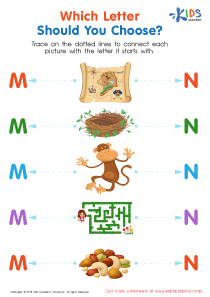Handwriting Skills Normal Kindergarten Alphabet Worksheets
5 filtered results
-
From - To
Unlock the joy of writing with our Handwriting Skills Normal Kindergarten Alphabet Worksheets! Designed specifically for young learners, these engaging worksheets provide the perfect platform for kids to practice their letters while developing fine motor skills. Each worksheet features clear and colorful designs to inspire creativity and keep children focused as they trace and write both uppercase and lowercase letters. Our resources promote proper letter formation and improve handwriting consistency, setting a strong foundation for future writing success. Perfect for home or classroom use, our worksheets make learning the alphabet fun and effective. Get started on a lettering adventure today!
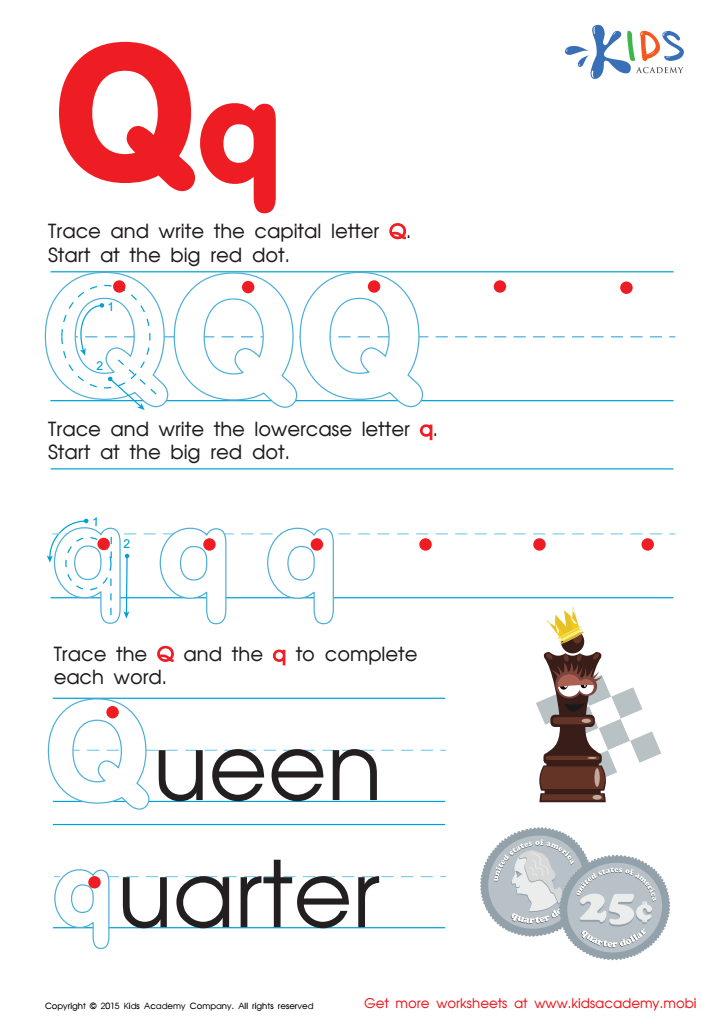

Letter Q Tracing Page
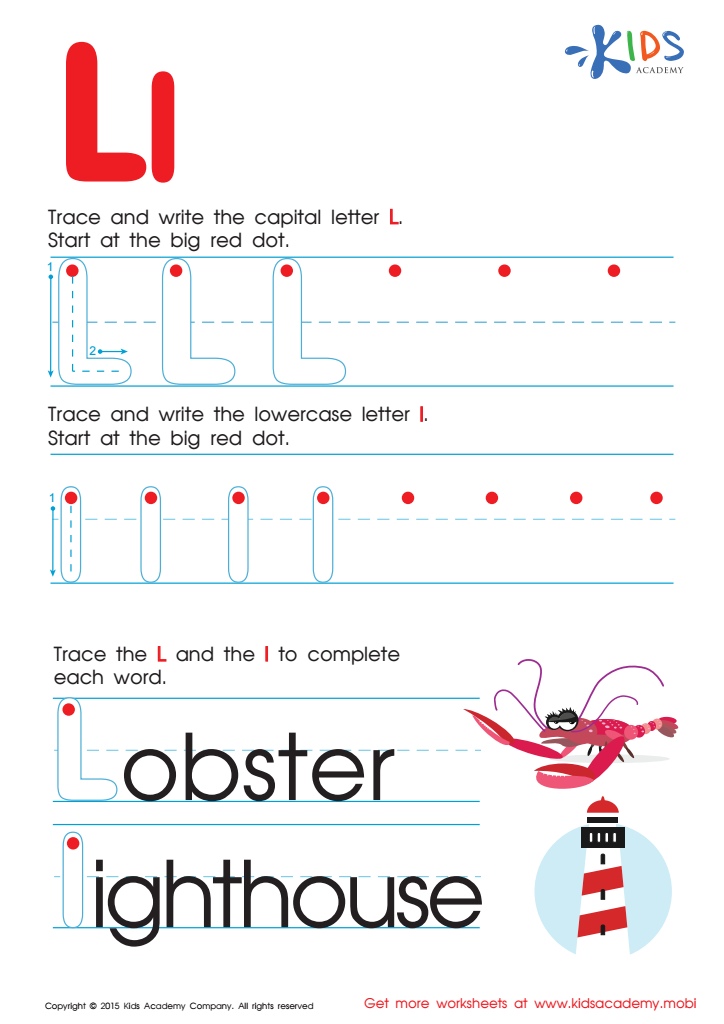

Letter L Tracing Page
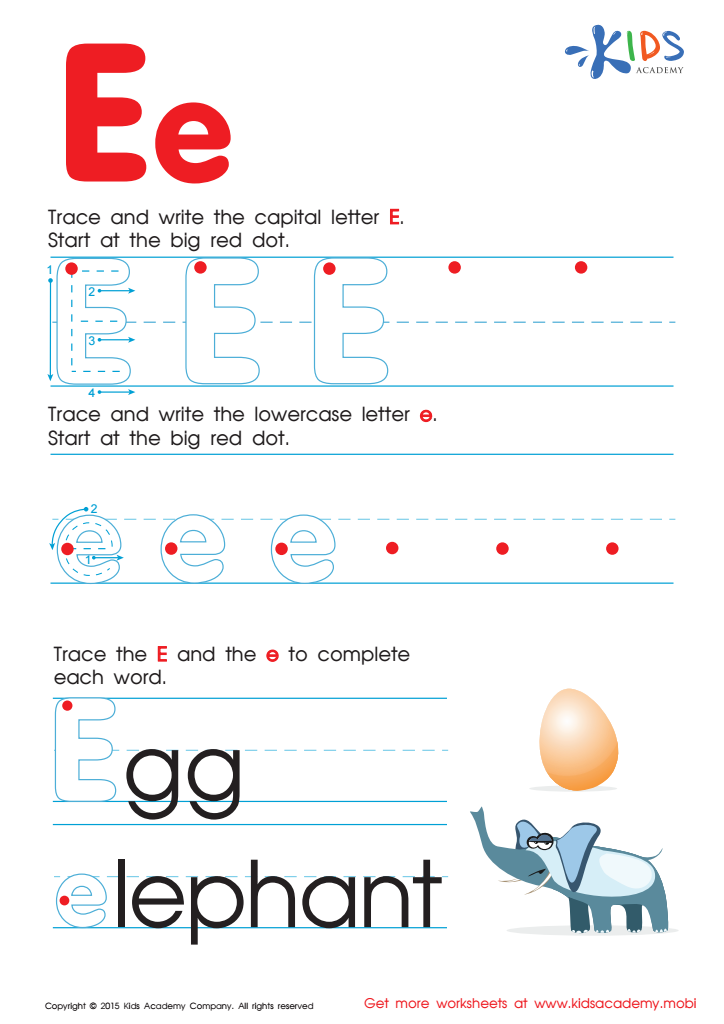

Letter E Tracing Page
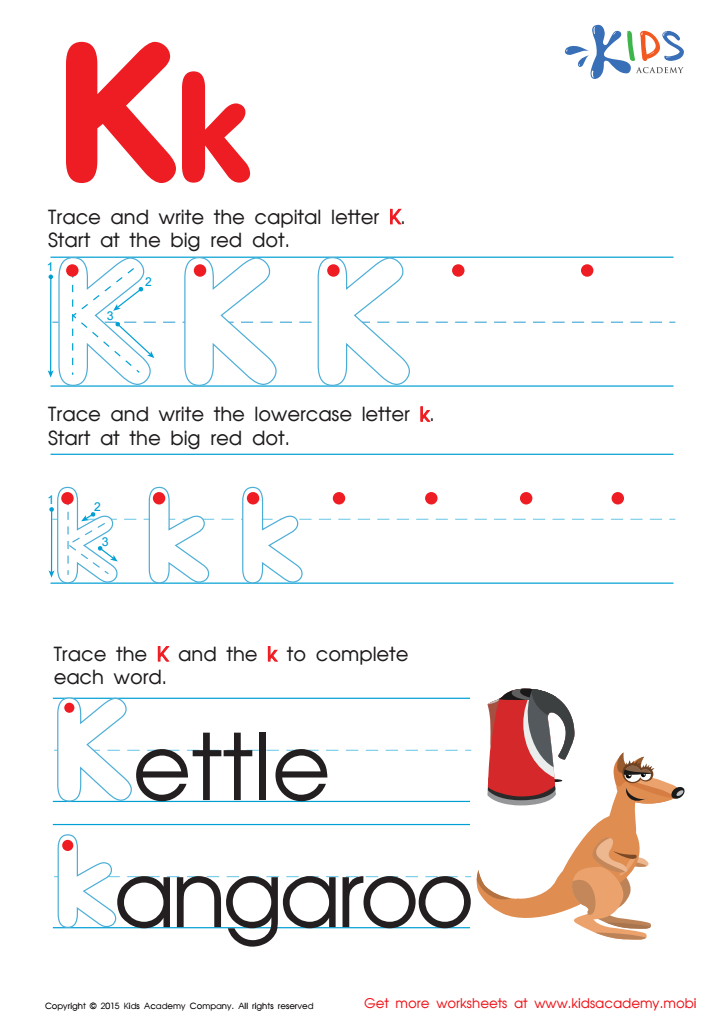

Letter K Tracing Page
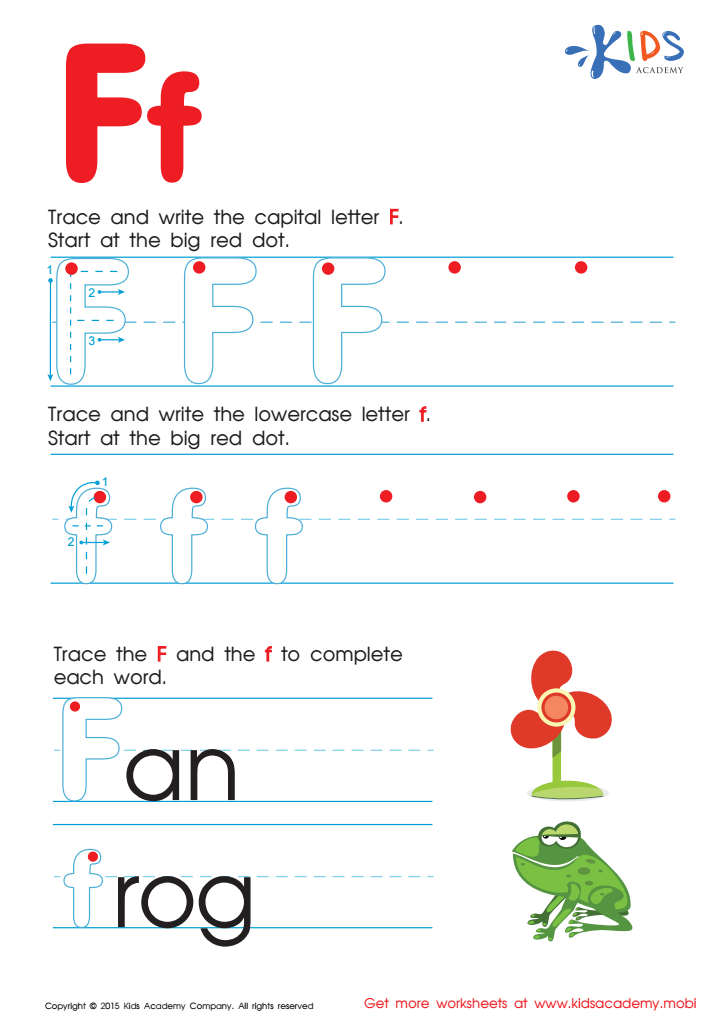

Letter F Tracing Page
Handwriting skills are crucial for young kindergarten learners as they serve as the foundation for effective communication and literacy. Mastering the normal kindergarten alphabet helps children develop fine motor skills, hand-eye coordination, and dexterity, which are vital for many academic tasks.
When children learn to write letters correctly, they become more confident in expressing their thoughts and ideas. Good handwriting fosters clarity in written communication; as they better understand letter formation, spacing, and alignment, their written words become neater and easier to read. This, in turn, encourages positive feedback from peers and teachers, enhancing a child’s motivation and enthusiasm for learning.
Moreover, early handwriting practice instills discipline and concentration in young learners. It fosters cognitive skills as children think critically about letter shapes, sounds, and their correspondences to print. By focusing on the normal kindergarten alphabet, parents and teachers can address potential writing difficulties early on and create a supportive environment for improving these skills.
Investing time and resources in developing handwriting abilities not only benefits literacy but lays the groundwork for future academic success, making it a vital focus for parents and educators alike. This attention to detail in early education promotes lifelong skills that extend well beyond the classroom.

 Assign to My Students
Assign to My Students











